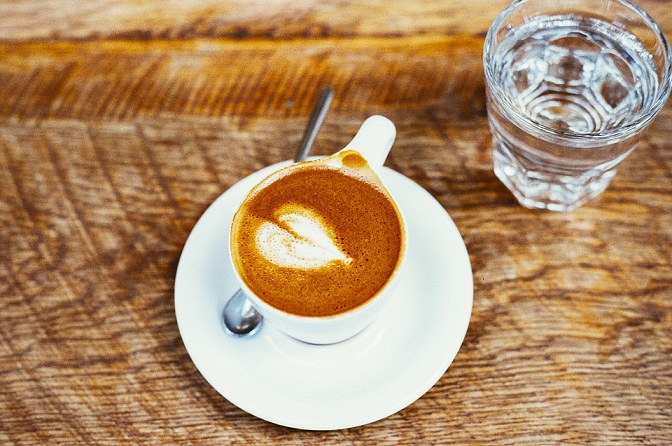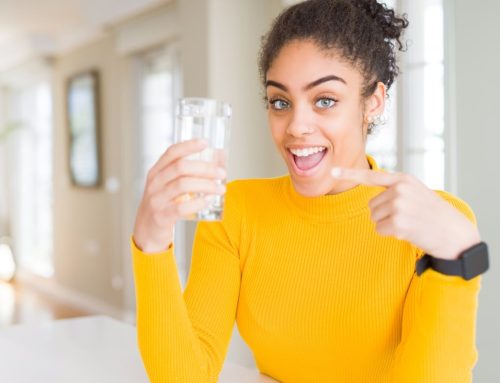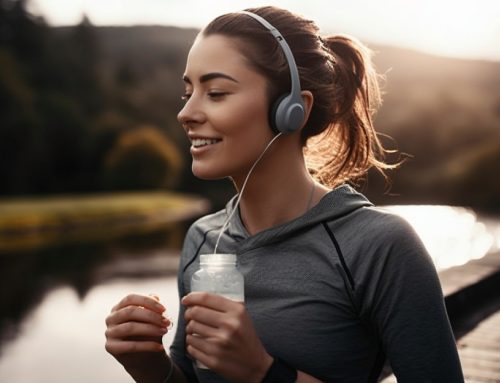It takes the loss of only about 2% of the body’s total fluids for the first signs of mild dehydration to appear. Headaches, dry lips and eyes, dizziness, and cognitive dysfunction are all symptoms that can result from mild dehydration. When a person is dehydrated for a longer period of time, the adverse effects, which can include heart difficulties, kidney problems, bladder problems, coma, cancer, and even death, become increasingly severe.
Drinking Coffee vs. Drinking Water
Because many people dislike the taste of water and would much prefer drink coffee, it is crucial to determine whether or not drinking coffee or water has the same effect on hydration levels.
According to the research conducted by Christie Korth, who specialises in nutrition and dietetics, drinking coffee does not provide the same level of hydration that drinking water does. She continues by stating that “coffee is a diuretic,” which essentially means that it actually flushes water out of the body. Ironically, drinking coffee causes you to become dehydrated FASTER. According to HealthCorps, “a recent study reveals that moderate daily coffee drinking does not induce dehydration and can provide hydration.” The study was conducted by the National Coffee Association.
[Source from: Sharecare]
Another post by Jennifer Soong, who writes on health, wellness, and lifestyle trends, was reviewed by a medical doctor by the name of Laura J. Martin, and it stated that “Coffee and tea also count in your tally. It was a common misconception that they caused dehydration, but recent research has shown that this is not the case. The diuretic effect does not counteract the benefits of staying hydrated. [Source: WebMD]
And last, the Mayo Clinic, which is often the source that I turn to for credible medical advice and information, states that “It is true that caffeinated fluids can contribute to your daily fluid need.” Consuming beverages containing caffeine as part of a normal lifestyle does not result in an increase in the amount of fluid lost beyond that which is taken in. Even though caffeinated beverages may have a slight diuretic impact, which means that they may make you feel the urge to urinate, research suggests that drinking them does not make you more likely to get dehydrated. The author did go on to warn that drinking caffeinated beverages might induce insomnia and headaches in some people, and that drinking water is most likely the greatest way to stay hydrated out of all the beverages that include caffeine. [Source: The Mayo Clinic]
Due to the fact that I have always had two jobs at once, one of which is in the hospitality sector, which requires employees to put in very long hours, I have been a devoted consumer of coffee ever since I was a young child. Coffee was the only thing that kept me going, and to this day, I drink significantly more coffee than the typical person drinks in a single day. Although I consume a decent amount of water throughout the day, I have never experienced symptoms of dehydration. Perhaps this is because I have never needed medical attention for the condition.
Because I dislike the flavour of water so much, I had to train myself to drink it frequently throughout the day in order to stay hydrated. Investing in a beautiful appliance known as a water cooler is the solution to this problem. Since I work from home, my water cooler serves as both an office water cooler and a home water cooler. This allows my family and I to make the most of its functionality in both settings.
I made an investment in a water cooler that is plumbed in from Living-Water. It is the Executive POU (point of use) water cooler, and it provides a ground-breaking Direct Dispense technology in addition to your option of cold, ambient, or hot water. In my opinion, it is a significant advantage to be able to get my daily dose of caffeine from the same supply that provides me with ice-cold, contaminant-free, and filtered drinking water.






